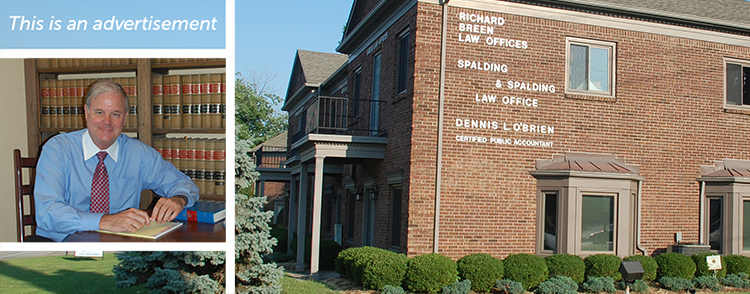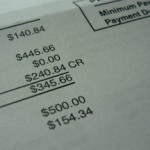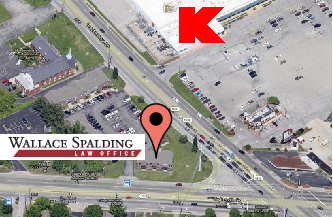The main types of bankruptcy proceedings are Chapter 7, Chapter 11, and Chapter 13. If you are an individual, you will be looking at Chapter 7 or Chapter 13; Chapter 11 is designed for businesses with a substantial amount of debt that the debtor wants to reorganize.
But what are the differences between Chapter 7 and Chapter 13? How can you know which one is right for your particular financial situation?
Chapter 13 bankruptcy is, in essence, the creation of a payment plan for your debts. This payment plan usually lasts 3-5 years. In the plan, you agree to pay a certain amount of money per month or per week (depending on your paycheck) for a specified length of time to pay off your debts. This plan is proposed by you (and/or your lawyer) and puts forth what you can afford. It is then reviewed by the court, who decides whether or not to approve it. Depending on your financial situation, your plan may require you to pay anywhere from 100 cents on the dollar to one cent on the dollar. If your plan is reasonable and the court approves it, this plan goes into effect for the time specified. At the end of that time (usually 5 years), you are finished with the plan, and you no longer have to pay your creditors: you’re debt-free.
[Read more…]







